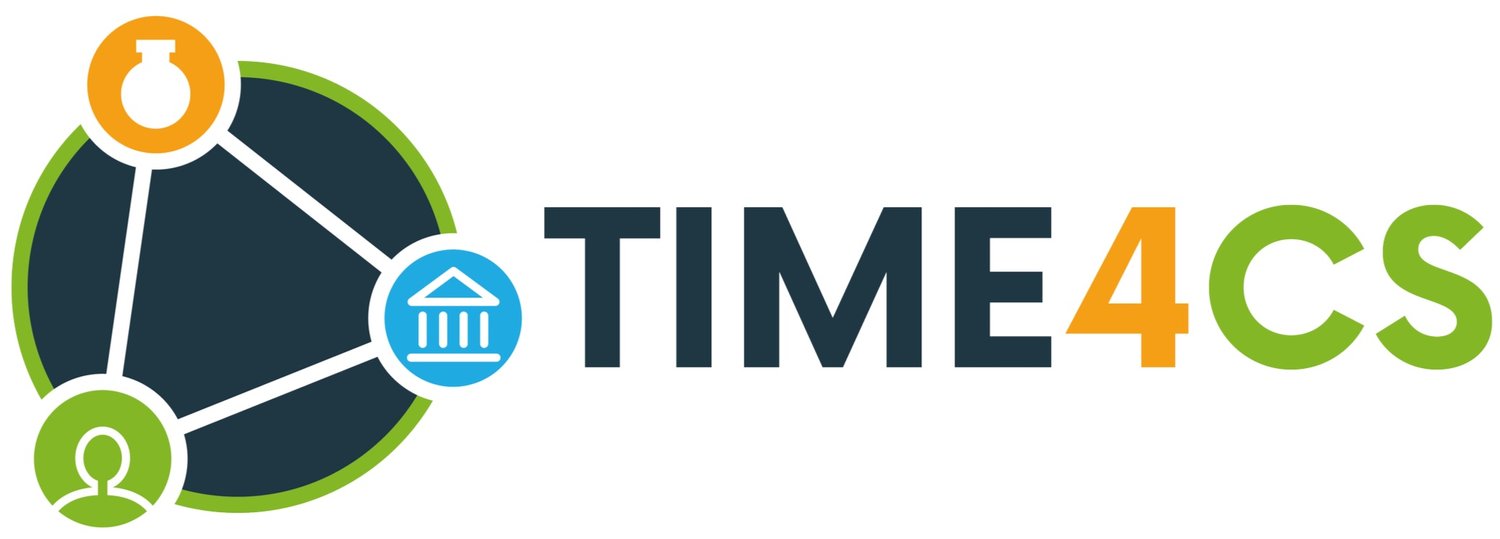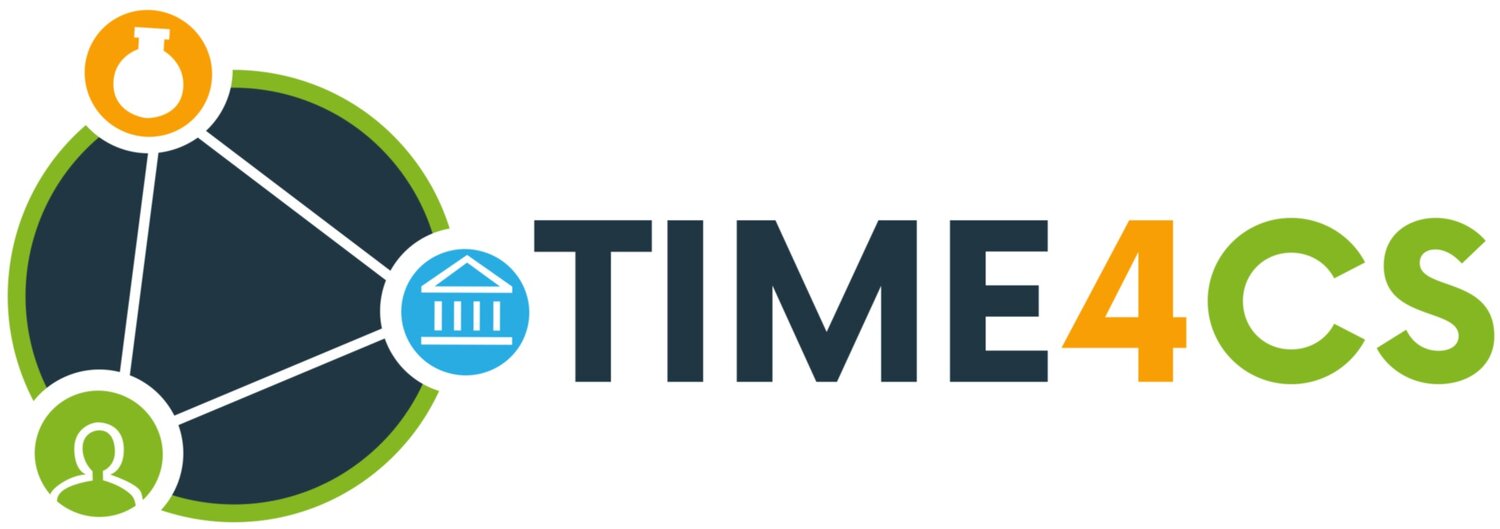What is the state-of-the-art in the adoption and maintenance of Citizen Science initiatives in research institutions?
TIME4CS-Case Studies Repository
At TIME4CS we are welcoming all Research Performing Organisations (RPOs) such as universities, and research institutes who are interested in contributing to the collection of TIME4CS-Case Studies and the analysis of institutional changes leading to effective engagement of citizens in Research & Innovation around the world.
We are keen to hear from organisations starting, maintaining or consolidating Citizen Science and Public Engagement initiatives that wish to be included into our database of Case Studies. Our ultimate aim is to identify factors (and combinations of factors) that promote sustainable institutional changes and allow Citizen Science to flourish in RPOs.
WHY to participate
Because public engagement and Citizen Science favour the inclusion of local knowledge and societal concerns into problem formulation and research questions, they can have a strong positive impact at various stages of the Research & Innovation process.
Many RPOs are aware of such potential, and have started implementing or are in the process of consolidating a whole set of initiatives to bring the public into the heart of the research process in their institutions. TIME4CS Case Studies wants to work with those RPOs in defining WHAT institutional changes facilitate the inclusion of societal views in the scientific ecosystem, and HOW those institutional changes can become sustainable inside the RPOs.
HOW the information will be used
TIME4CS Case Studies has drawn on the review of existing literature related to institutional change in relation to citizens engagement. This includes the change in the social mindset of people inside the organisation and changes to organisational norms, protocols, procedures, and policy. The next stage in establishing the evidence base is to build a database of the actions taken by Research Performing Organisations in different geographic contexts. Based on common themes and issues, the aim is to identify those that lead to an effective and sustainable engagement of citizens in science and technology.
Employing a Qualitative Comparative Analysis (QCA)* methodology, TIME4CS Case Studies will analyse why institutional changes in support of citizen science and public engagement initiatives can be sustainable in some Research Performing Organisations but not in others.
*Based on the assumptions that change is often the result of different combinations of factors, rather than on any one individual factor; and that different combinations of factors can produce similar changes (Ragin 1984), using a Qualitative Comparative Analysis (QCA) methodology can allow analysis of multiple cases in complex situations.
The full case study details will be available on the online repository and a full report of findings will be written in the course of the project.
If you want to take part in this initiative, please get in touch with us so we can send you our comprehensive survey. We are also able to go through the questions with you over email or over the phone (at the moment we can provide support in English and Spanish). Whichever method suits you best!
Please also feel free to share this invite with other RPOs that you think could contribute to our study.
Author: Abril Herrera (UCL)



